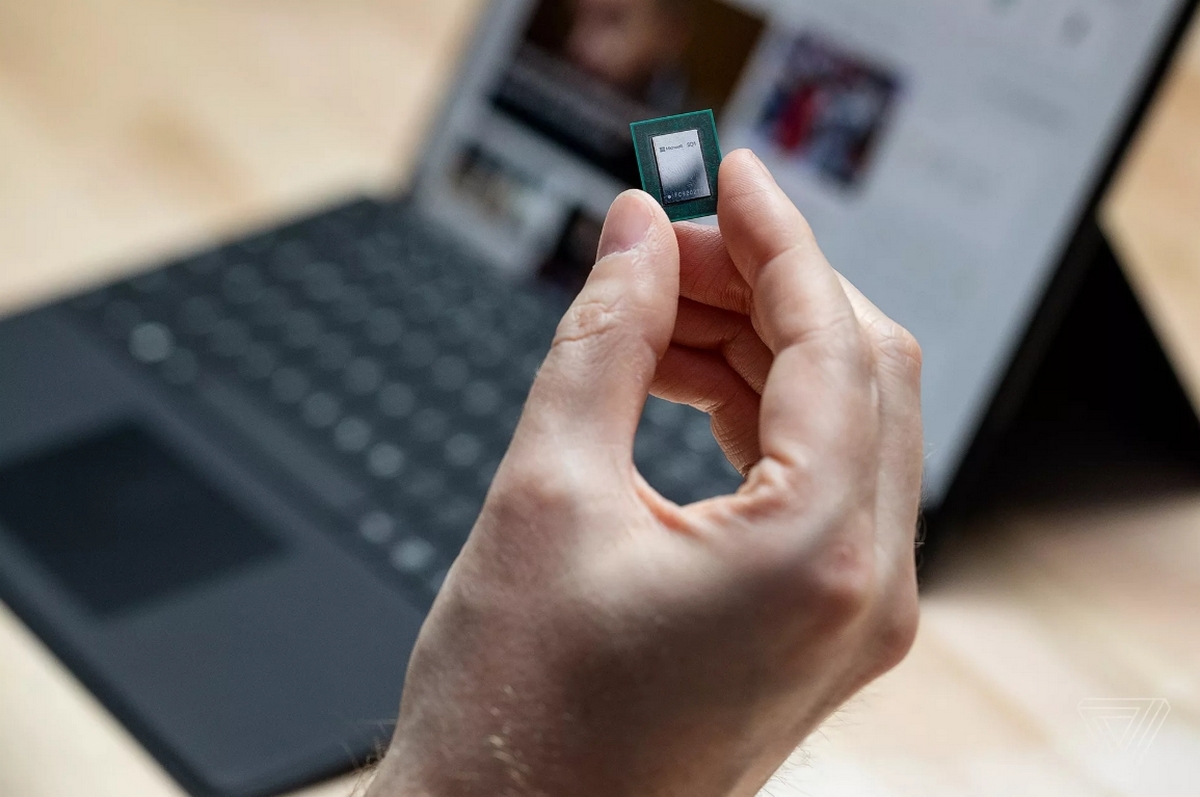


It’s become downright fashionable these days for tech companies to dabble in chip design. As I noted in my recent review of the new Mac Mini, Microsoft isn’t alone in pushing out its own microchips. I guess that’s a testament to what you can do with a $1.6 trillion market cap.įor those who don’t remember the original Surface Pro X-and I don’t blame you-the big news about this device, the “X” factor if you will, is that it did not run on an Intel chip but rather on Microsoft’s own silicon, an ARM CPU designed with Qualcomm called the SQ1.
What I was wrong about was my brazen prediction that the product would be discontinued in a year. I have to confess that I was wrong in my original review of the Microsoft Surface Pro X.


 0 kommentar(er)
0 kommentar(er)
